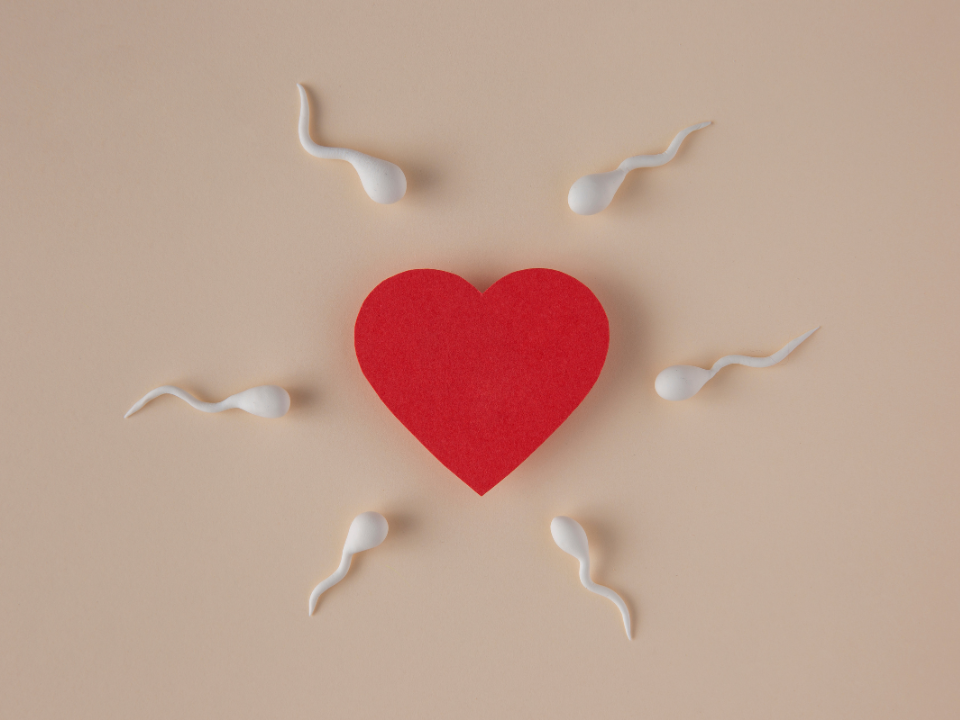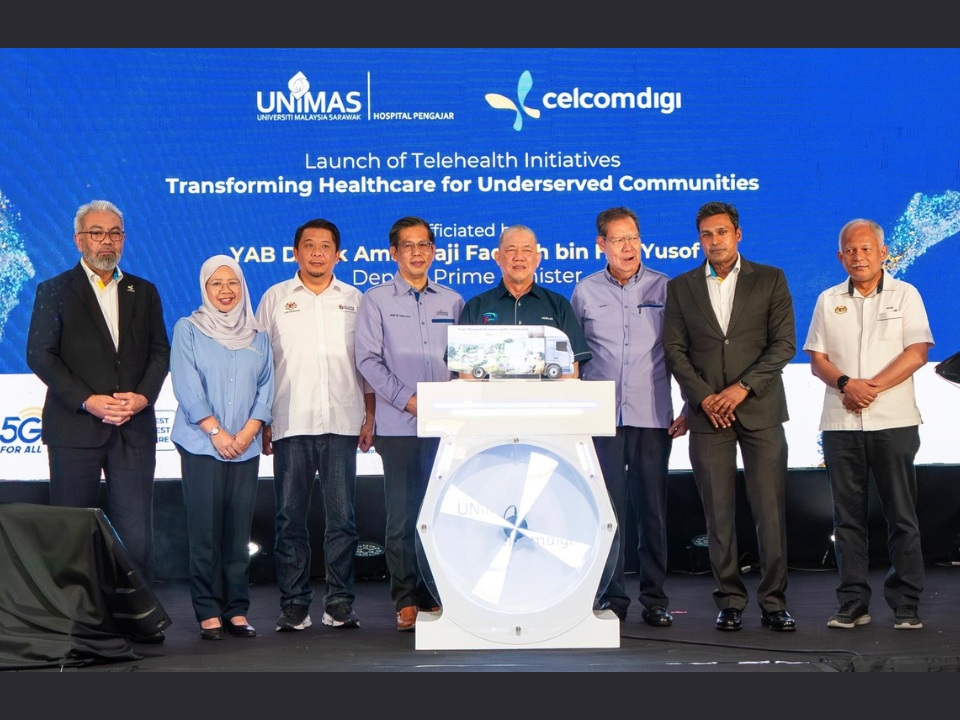
Image via Freepik
Parenthood is being redefined. Today, it’s shaped not only by biology but by science, empathy, and social change. Fertility is no longer a linear journey it’s a complex, deeply personal path that reflects shifting societal norms, medical innovation, and emotional resilience.
Globally, one in six couples experiences infertility, according to the World Health Organization. But behind that number lies a mosaic of individual stories marked by struggle, strength, and hope. Fertility today demands more than treatment, it demands understanding, access, and humanity.
The Modern Fertility Landscape Is Changing

Image via Freepik
Advances in fertility treatments such as IVF, egg freezing, and genetic testing are giving more people the chance to become parents. However, reproductive journeys remain challenging not just medically, but emotionally, financially, and ethically.
More people are choosing to delay parenthood, and single-parent families by choice are rising. Awareness of conditions like endometriosis and PCOS is growing. At the same time, men are becoming more involved in fertility decisions. These trends show that fertility is not just a women’s issue, it’s a community and global health priority.
The question now is “Can healthcare systems keep up with this new reality?”
Four Ways Fertility Care Is Being Reimagined

Image via Freepik
Here’s how science and empathy are reshaping the future of fertility care:
1. Science Meets Empathy
Fertility treatment isn’t just clinical, it’s emotional. Every embryo holds a story. That’s why emotional care, mental health support, and trauma-informed practices are becoming core to treatment. Fertility specialists are being trained to treat the whole person, not just the reproductive system. This shift from patient to partner restores dignity and compassion in the process.
2. Technology for Equity
AI and genetic profiling are transforming fertility by improving embryo selection and enabling personalized treatments. But innovation must not come at the cost of fairness. As new technologies become more accessible, equity must remain a priority. We must ask: Who has access? How do we prevent these tools from widening social divides? True progress is inclusive.
3. From Patients to Partners
In modern fertility care, patients are not passive, they are active decision-makers. Especially in diverse cultural contexts like Malaysia, patients must be seen as partners. Doctors must learn to navigate medical care through the lenses of religion, family values, and tradition. Cultural competence is now as critical as medical knowledge.
4. Future-Ready Education
Tomorrow’s fertility professionals need more than technical skills. They must be ethical, compassionate, and digitally fluent. Interdisciplinary education is key, combining science, psychology, ethics, and technology to prepare professionals for real-world challenges. They must learn to ask the right questions, not just provide the right answers.
Why This Conversation Matters Now

Image via Freepik
In a world facing climate change, pandemics, and economic shifts, reproductive health is increasingly fragile. Fertility is not just a personal matter, it’s a societal one. It reflects how we value autonomy, justice, and access.
We need systems of healthcare, education, and policy that adapt with empathy and equity at their core. Parenthood is no longer reserved for a select few or defined by tradition. With science and support, more people can build the families they envision.
As we explore uterus transplants, gene editing, and digital fertility tools, we must ask: Who benefits? Are we building a future where all belong? The future of fertility is not just about creating life, it’s about creating opportunity, hope, and inclusion for all.
About the Author

Dr. Siroshini K Thiagarajan is a lecturer in the Bachelor of Applied Health Sciences (Honours) Programme at the School of Biosciences, Faculty of Health and Medical Sciences, Taylor’s University.










